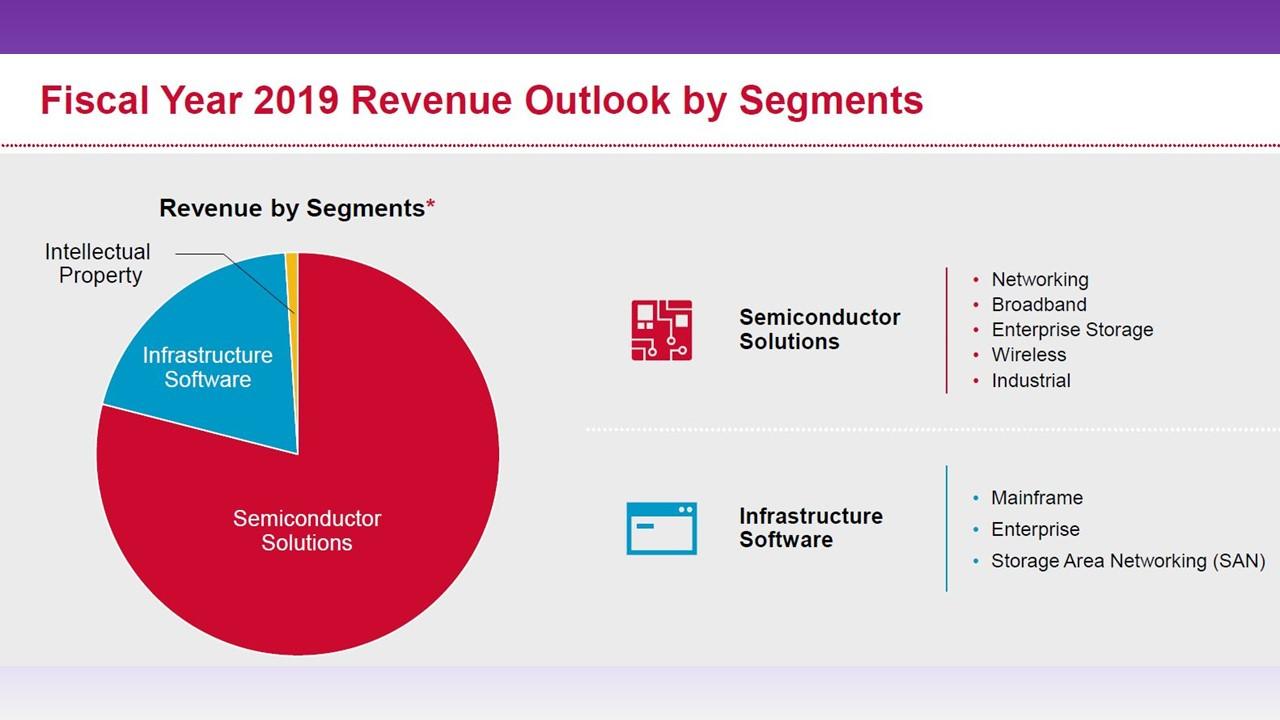The Post-Roe Landscape: The Significance Of Over-the-Counter Birth Control

Table of Contents
Increased Accessibility and Affordability of Birth Control
Making birth control available over-the-counter (OTC) significantly reduces financial barriers to contraceptive access. This is particularly important for low-income individuals and those lacking health insurance, who previously faced substantial costs for prescriptions. The high cost of contraception has been a major obstacle for many, hindering their ability to plan their families and manage their reproductive health. OTC birth control directly addresses this issue.
- Eliminates doctor visit costs: The cost of a doctor's visit, often a prerequisite for obtaining a prescription, can be prohibitive for many. OTC birth control bypasses this expense.
- Reduces prescription costs: Prescription birth control can be incredibly expensive, even with insurance. OTC options offer a significantly more affordable alternative.
- Improves access for those in underserved areas lacking clinics: Many individuals in rural or underserved communities lack easy access to healthcare providers. OTC birth control makes family planning more accessible to these populations.
- Enhances convenience and privacy: Purchasing birth control OTC offers greater convenience and privacy compared to visiting a doctor or pharmacy for a prescription.
Empowering Individuals and Reducing Unintended Pregnancies
Easy access to OTC birth control empowers individuals to make informed decisions about their reproductive health and family planning. This increased control over their bodies and futures directly impacts rates of unintended pregnancies. Reliable and affordable birth control is a key factor in preventing unintended pregnancies and their associated consequences, including financial hardship, health risks, and emotional stress.
- Greater control over reproductive choices: OTC birth control allows individuals to take charge of their reproductive lives, leading to better health outcomes.
- Reduced reliance on potentially unreliable methods: Easy access to effective birth control reduces reliance on less effective, and potentially dangerous, methods.
- Enhanced ability to plan pregnancies: Access to convenient and affordable birth control allows individuals to plan pregnancies intentionally, aligning with their life goals and circumstances.
- Contributes to lower abortion rates: Studies consistently show that increased access to contraception leads to a decrease in unintended pregnancies and, consequently, a reduction in abortion rates.
Addressing Health Disparities and Promoting Health Equity
The move to OTC birth control can help bridge existing health disparities by providing equal access to essential reproductive healthcare. This is particularly critical for marginalized communities who may face systemic barriers to accessing traditional healthcare services, including racial and ethnic minorities, those living in poverty, and individuals in rural areas. Improving contraceptive access for these communities is a crucial step toward achieving health equity.
- Improved access for rural populations: Expanding access to OTC birth control enhances reproductive healthcare for individuals in rural areas with limited access to healthcare providers.
- Reduced barriers for individuals with limited transportation: OTC birth control removes the transportation barrier frequently encountered by those lacking reliable transportation to healthcare facilities.
- Increased availability for individuals facing language barriers: OTC access reduces reliance on healthcare providers as the sole source of information and provision, mitigating the challenges posed by language barriers.
- Promotes health equity among diverse communities: OTC birth control significantly improves reproductive healthcare access for diverse communities, thereby contributing to health equity.
The Role of Education and Comprehensive Sexual Health Education
Increased access to OTC birth control must be accompanied by comprehensive sexual health education to ensure individuals can make informed choices. This includes accurate information on various contraceptive methods, their effectiveness, potential side effects, and proper usage. Comprehensive sex education empowers individuals to make responsible decisions about their sexual and reproductive health, maximizing the benefits of increased access to birth control. This education should be inclusive, age-appropriate, and readily available to all.
Conclusion
In the post-Roe era, ensuring access to affordable and convenient birth control is paramount. The transition to over-the-counter birth control offers a significant step toward empowering individuals, reducing unintended pregnancies, and promoting health equity. While challenges remain, embracing OTC birth control as a crucial component of reproductive healthcare is vital for building a healthier and more equitable future. Access to affordable birth control is not simply a matter of convenience; it’s a fundamental human right.
Call to Action: Learn more about the benefits of over-the-counter birth control and advocate for policies that support increased access to affordable and accessible reproductive healthcare options. Let's work together to ensure everyone has the power to control their reproductive health and plan their families responsibly.

Featured Posts
-
 Credit Card Companies Feel The Pinch As Consumer Spending Slows
Apr 24, 2025
Credit Card Companies Feel The Pinch As Consumer Spending Slows
Apr 24, 2025 -
 The Bold And The Beautiful Wednesday April 9 Recap Steffys Anger Finns Fate And Liams Plea For Secrecy
Apr 24, 2025
The Bold And The Beautiful Wednesday April 9 Recap Steffys Anger Finns Fate And Liams Plea For Secrecy
Apr 24, 2025 -
 European Union Debates Russian Gas Spot Market Restrictions
Apr 24, 2025
European Union Debates Russian Gas Spot Market Restrictions
Apr 24, 2025 -
 Living With A 77 Inch Lg C3 Oled The Good The Bad And The Ugly
Apr 24, 2025
Living With A 77 Inch Lg C3 Oled The Good The Bad And The Ugly
Apr 24, 2025 -
 V Mware Costs To Soar 1050 At And T Details Broadcoms Extreme Price Increase
Apr 24, 2025
V Mware Costs To Soar 1050 At And T Details Broadcoms Extreme Price Increase
Apr 24, 2025
